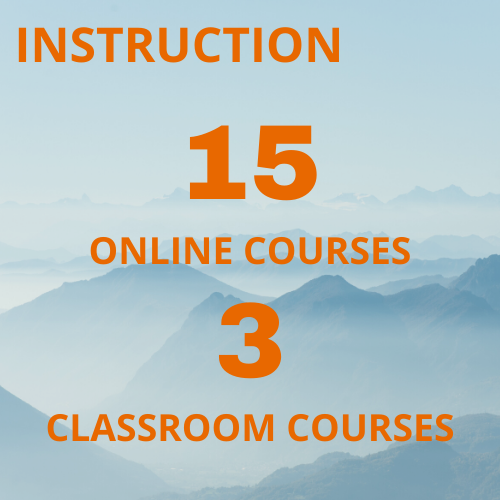Nursing: Family Nurse Practitioner
Master of Science
Program Description
The Master of Science in Nursing, Family Nurse Practitioner (MSN-FNP) program is focused on developing the knowledge and skills necessary to deliver nursing care to people of all ages across primary care settings, including those in rural and under-served areas. MSN-FNP graduates are prepared for advanced clinical practice that involves individuals and families throughout the lifespan and across the health continuum. The program is designed for nursing professionals seeking advanced skills in nursing who have already earned a baccalaureate degree in nursing and have worked as an RN. Coursework is completed online and clinical experiences are completed in local primary care settings.
Program Learning Outcomes
Upon successful completion of this program, graduates will be able to:
Integrate and translate theory and research from the sciences, humanities, and nursing in the delivery of evidence-based nursing practice.
Demonstrate leadership skills to improve the quality and safety of health care at the organizational, systems, and practice level.
Integrate current informatics and health care technologies in nursing practice.
Use health policy development process and advocacy strategies to influence positive change in health care delivery.
Demonstrate inter-professional collaboration for identifying clinical prevention strategies and improving patient and population health outcomes.


